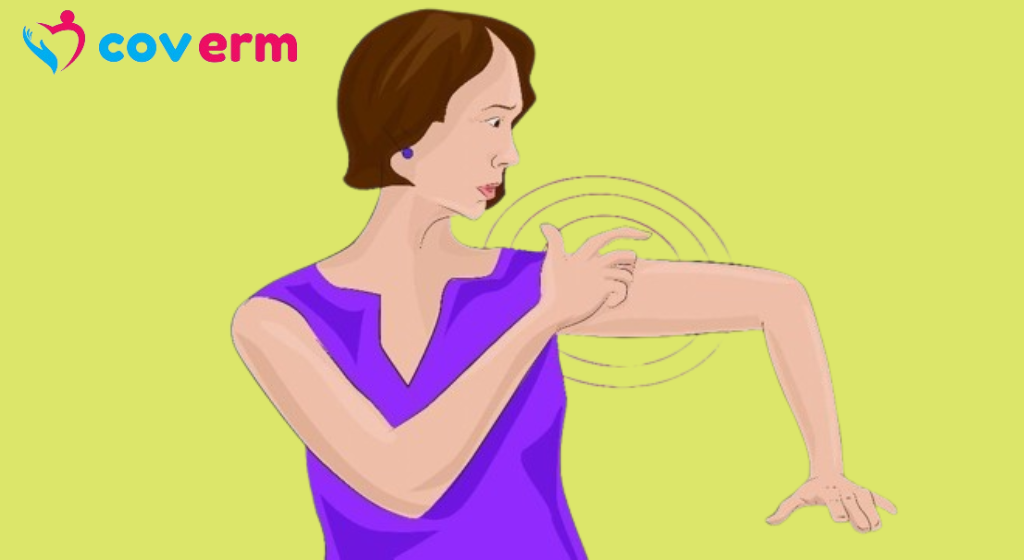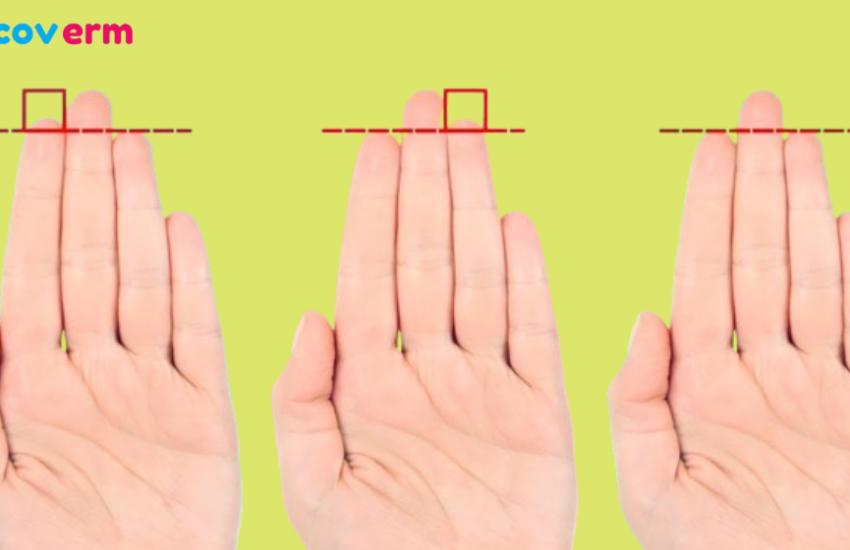WORDS ONE MONTH BEFORE STROKE, YOUR BODY WILL SEND
by admin
A stroke occurs when blood flow to the brain is cut off, either by a blockage (ischemic stroke) or bleeding (hemorrhagic stroke). Although it often happens suddenly, the body may give warning signs weeks or even months before. Recognizing these signs can help prevent a life-threatening event.
Common warning signs before a stroke
- Fatigue and weakness
Unexplained fatigue or weakness can be an early sign. This happens when blood flow to the brain is reduced, affecting energy levels and physical strength. - Frequent headaches
Frequent headaches, especially those that are severe or different from usual, may indicate underlying problems with the blood vessels in the brain.
- Vision problems
Blurred or double vision, or temporary loss of vision in one or both eyes, may indicate a reduced supply of oxygen to the vision centers in the brain. - Numbness or tingling
Tingling or numbness, especially on one side of the body, is often an early warning sign. This may indicate poor blood flow to certain areas of the brain responsible for sensation. - Difficulty speaking
Difficulty speaking, slurred speech, or difficulty understanding speech, even temporarily, may indicate a transient ischemic attack (TIA), also called a “mini-stroke.” - Dizziness or balance problems
Recurring dizziness, unsteadiness, or difficulty walking can occur when the balance centers in the brain are affected by poor blood flow. - Unusual pain
Some people experience unexplained pain, especially in the face or extremities. This can result from nerve irritation due to limited blood flow.
Risk factors and prevention
- Monitor blood pressure and heart health
High blood pressure and irregular heartbeat are major risk factors for stroke. Regular monitoring and management of these conditions can prevent complications. - Healthy diet and exercise
A diet rich in vegetables, fruits, whole grains, and lean proteins, along with regular physical activity, promotes healthy blood vessels and reduces the risk of stroke.
If symptoms get worse suddenly or a stroke occurs, take action quickly:
Face: Is one side drooping?
Arms: Is one arm weak or numb?
Speech: Is speech slurred or difficult to understand?
Time: Call emergency services immediately.
Take action early
Listening to your body and recognizing these symptoms can save lives. If any warning signs appear, seek medical attention immediately to reduce your risk of stroke.



